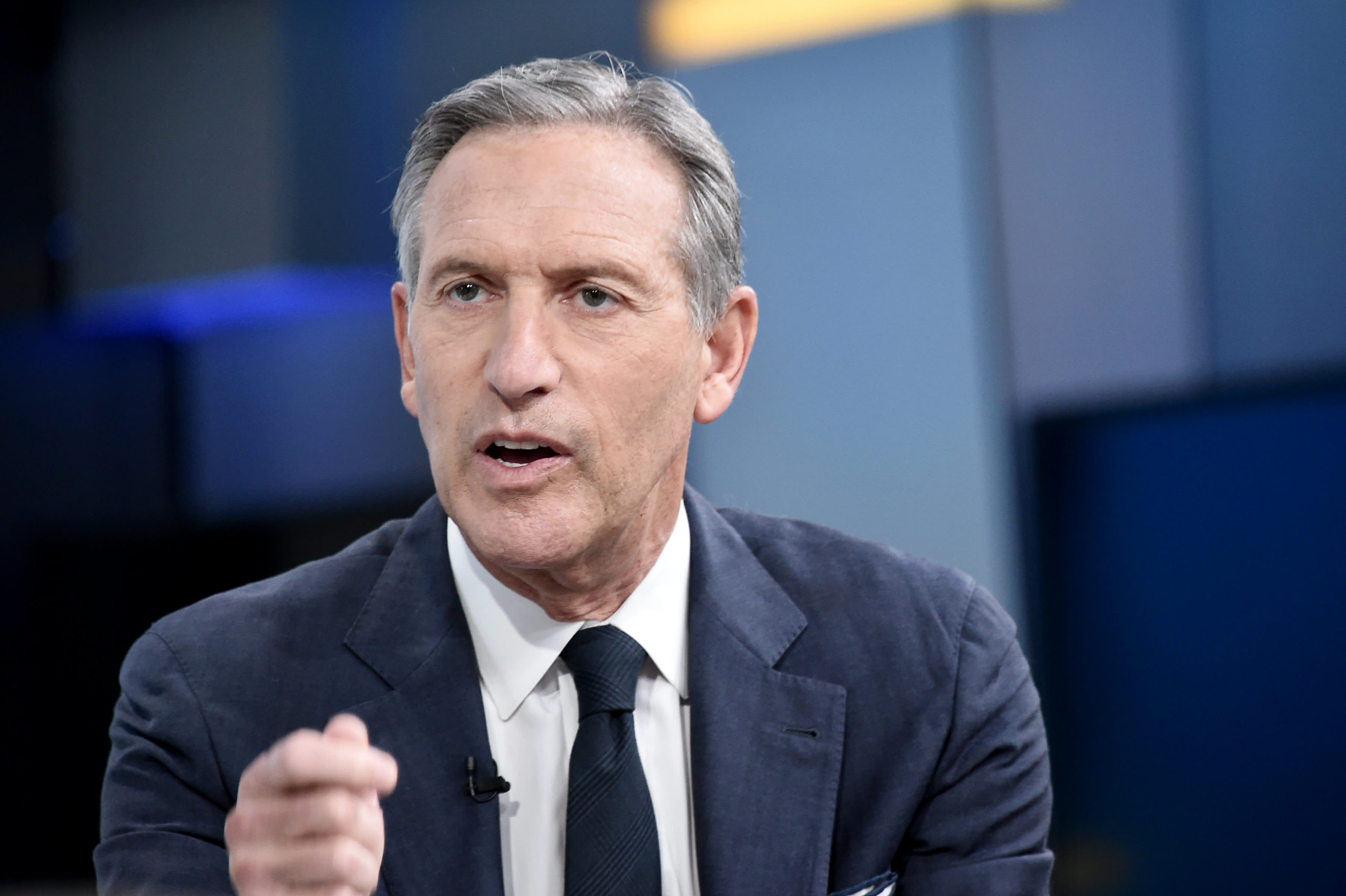
Thursday, October 4, 2024
Howard Schultz, the former CEO of Starbucks, was found to have violated U.S. labor law after making remarks to an employee suggesting they should consider leaving the company if dissatisfied. During a company meeting, Schultz reportedly told the employee, “If you’re not happy at Starbucks, you can go work for another company,” a statement that the National Labor Relations Board (NLRB) has deemed coercive and in violation of workers’ rights.
The incident took place amid growing unionization efforts at Starbucks locations across the U.S., as many employees have raised concerns about working conditions, pay, and benefits. Schultz’s comments were interpreted as a discouragement to employees from engaging in union activities or voicing grievances, which labor law protects.
Under the National Labor Relations Act (NLRA), employees are entitled to organize, form unions, and address work-related concerns without fear of retaliation or coercion. The NLRB found Schultz’s comments violated these rights, as they could be perceived as a threat, subtly pressuring workers to stay silent or leave the company if they were unhappy rather than seek better conditions through unionization.
The case has drawn significant attention, as Schultz has been a central figure in Starbucks’ opposition to unionization efforts, making it a focal point in broader national discussions about workers’ rights and corporate accountability. Schultz’s stance against union efforts, paired with his recent remarks, has only fueled the unionization drive, with more Starbucks locations petitioning to join unions in response.
The NLRB’s ruling sends a strong message to corporate leaders that remarks implying that dissatisfied employees should leave can be interpreted as an attempt to suppress worker rights, which is unlawful. Schultz and Starbucks now face potential legal and financial repercussions as the company navigates increasing scrutiny over its labor practices.
While Schultz no longer serves as CEO, the legacy of his leadership continues to influence the company’s policies, and the ruling could have lasting impacts on Starbucks’ approach to labor relations moving forward. The incident highlights the delicate balance corporate leaders must maintain when addressing employee concerns, especially in environments where unionization efforts are gaining momentum.





